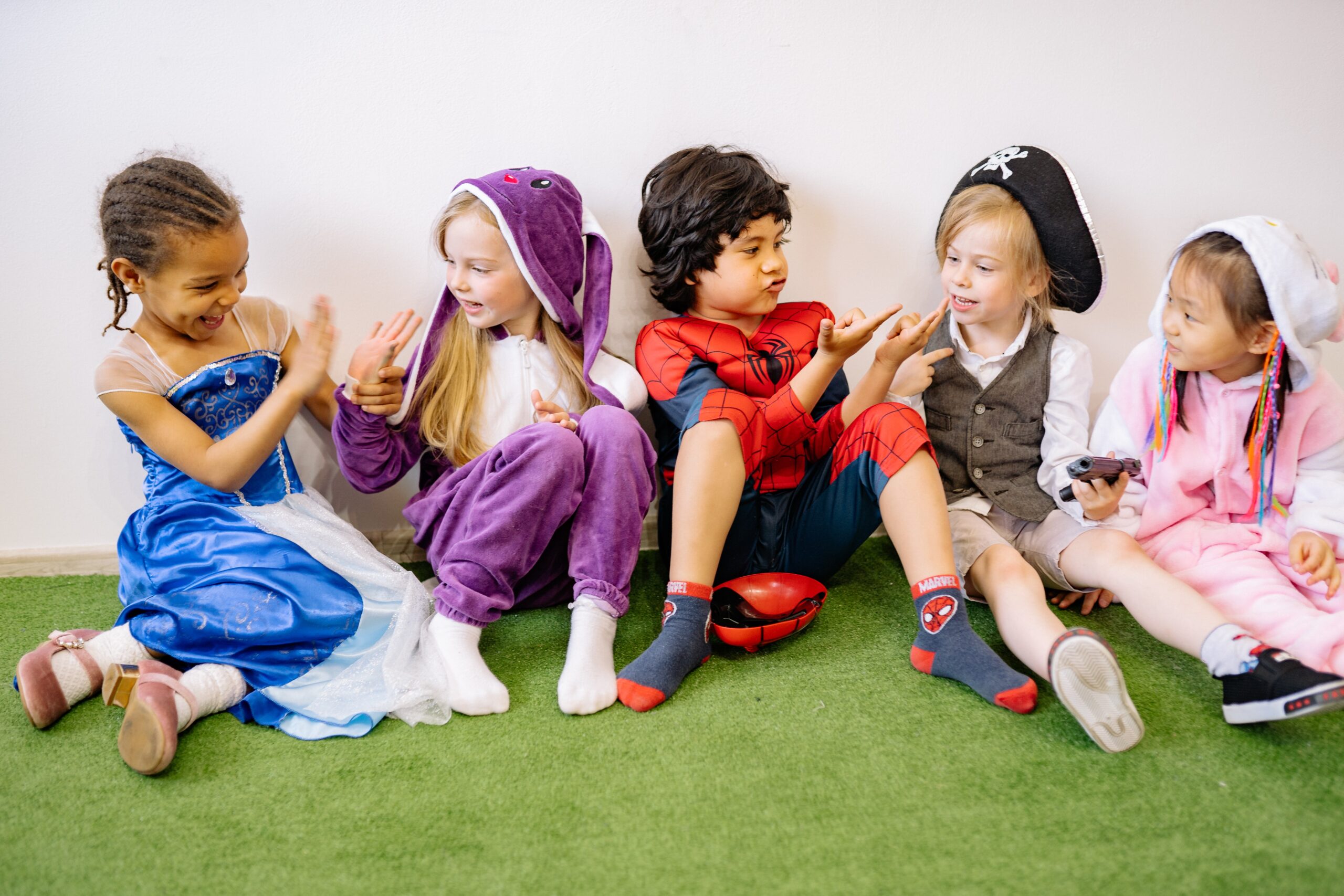Supporting a Child with a Learning Disability

Learning disabilities, like the reading difficulties caused by dyslexia or writing and fine motor challenges found with dysgraphia, can affect a child’s ability to read, write, spell or understand math. Also referred to as ‘learning differences’, learning disabilities are not related to a person’s intelligence. In fact, people with learning disabilities usually have average or above-average intelligence, but they experience differences in the way their brain takes in, stores or uses information.
Unfortunately, without the right intervention and support, children living with learning differences can develop low self-esteem, experience feelings of isolation or lose motivation for learning. Although learning disabilities are typically a lifelong condition, there are many ways to help children to use their strengths and find the best way to learn in order to be successful. If your child has been diagnosed with a learning difficulty, in addition to working with their teachers and doctors, here are some other ways to help your child feel more confident and secure.
How to help your child feel confident and secure
Encourage Open Dialogue
For a variety of reasons, some parents avoid or resist talking to their child about their specific learning challenge. Depending on the age of the diagnosis, many parents think that their child is too young to understand. Others want to protect their child from feeling different or worry that ‘labeling’ their child will cause them to give up or stop trying. However, for most children, it’s actually a relief to realize that these difficulties have a name and that many other people experience similar challenges.
Without this information, your child will likely come up with their own explanations when they struggle with assignments or see that their peers need less assistance. And usually these conclusions are harmful, such as assuming something is wrong with them or that they are stupid. Keeping your child’s age in mind, share smaller amounts of information in multiple conversations over time. Encourage questions, listen as much as possible and validate any feelings that come up. Just make sure that you have a good understanding of their specific learning disability, and that you’ve had a chance to process the diagnosis yourself, before talking to your child about it.
Focus on Strengths
Children with learning disabilities often excel in many other areas. Find clubs, teams and activities outside of school that they enjoy and are good at. It can also be helpful to seek out school-based activities like choir, sports, student council or other volunteer positions to build their confidence and encourage more fun outside the classroom.
Self-esteem and resiliency are often difficult for children with learning disabilities. Praise your child with a focus on effort rather than outcomes. For example, ‘I see how hard you are working on your math homework,’ or ‘I’m so proud of you for trying out for the volleyball team.’ Encourage your child to set and achieve realistic goals based on their strengths and make a point of celebrating the little wins along the way.
Find a Community
Learning differences are actually quite common. According to Statistics Canada, more children have a learning disability than all other disabilities combined. Find local Facebook groups to connect with other families and consider joining online or in-person support groups specific to your child’s learning challenges. These connections can help you feel less alone, navigate the school system, find tutor recommendations, discover valuable support tools and more.
Talk to your child about people in their life—neighbours, friends or family members—who have dealt with similar challenges. Examples like, ‘Aunt Sarah had trouble in school and now she’s the boss of her department at the hospital,’ or ‘Letters used to move around for Lorraine next door too,’ can be comforting. Some children are also excited to know that celebrities, like Daniel Radcliffe from the Harry Potter franchise or Orlando Bloom from Pirates of the Caribbean, have found huge success living with learning disabilities.
Model Resiliency
Like every challenge in life, the way that you behave and respond to this diagnosis will have a big impact on your child. Try your best to stay positive and celebrate differences in all parts of life and it’s likely that your child will see things in the same way. Show your child that it’s okay to ask for help and to see mistakes as opportunities to talk about what happened and what your learned from it. To help your child manage stress, anxiety and uncertainty in a healthy way, talk about what is calming for you. Model deep breathing, exercise, fresh air, taking a nap, etc., and then ask your child to share what helps them feel more in control.
With the right support and encouragement, children with learning disabilities can build a strong sense of self-worth and confidence and an appreciation of what makes them unique. Focus on your child’s gifts and talents and remember that facing a challenge like this one will help your child grow into a stronger and more resilient adult.
If you enjoyed this article, you may also like to read:
